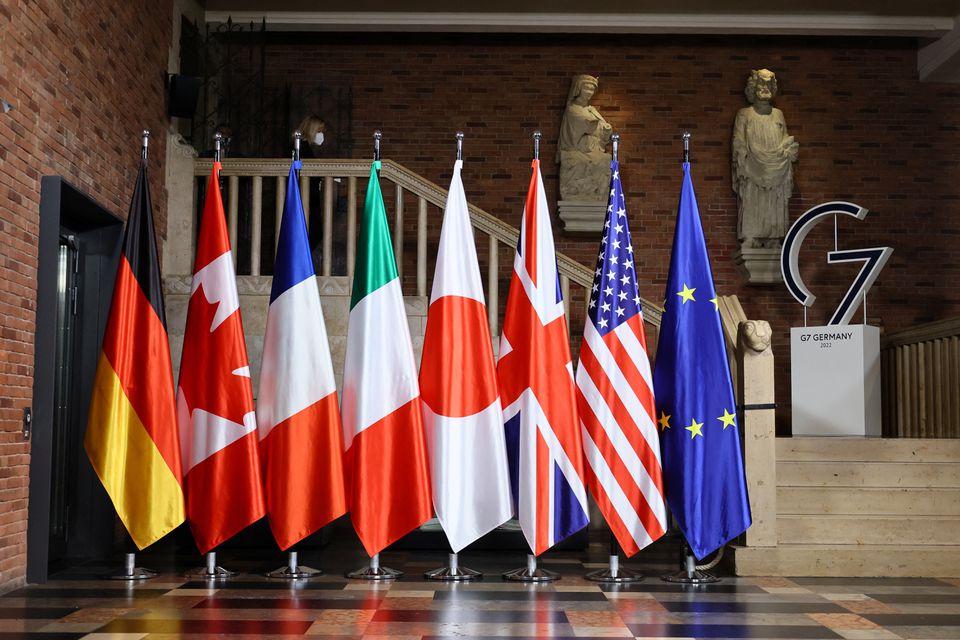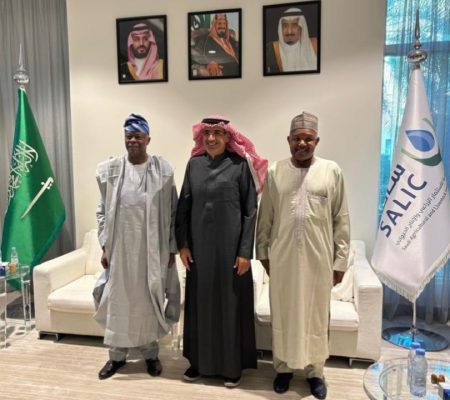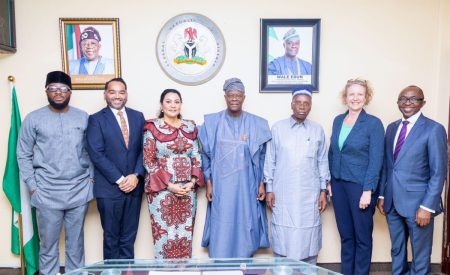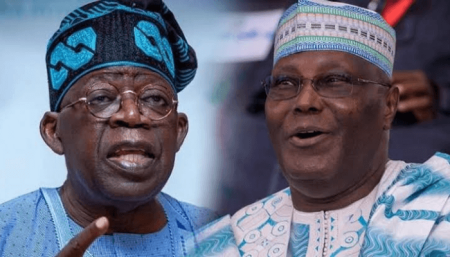
Hiroshima, Japan — The Group of Seven (G7) wealthy nations need to take more responsibility in boosting crisis financing for vulnerable countries across the world and work with them to reform the post-war financing system, French officials said.
France will host starting today and tomorrow the “Summit for a New Global Financial Pact“, which will tackle reform of multilateral development banks (MDB), the debt crisis, financing for green technologies, the creation of new international taxes and financing instruments, and special drawing rights.
“It’s urgent for us to act and rethink collectively the international financing architecture,” a French presidential official said, adding that Paris had lobbied its G7 partners ahead of next month’s conference.
“Today we have a network of development banks in the world which finance international solidarity, and which find themselves limited in their capacity to act.”
The coronavirus pandemic pushed many poor countries into debt distress as they were expected to continue servicing their obligations in spite of the massive shock to their finances.
“Africa is heavily indebted and we are paying the price of crises that have followed, including now the Ukraine crisis, so the G7 has a responsibility,” one French official said.
Rather than dealing with Africa debt on a country-by-country basis, the official said it was vital to find a systemic way to handle it.
Africa’s debt woes are coupled with the inability of some of the world’s poorest countries to adapt to the green transition, while also struggling to finance a response to the climate crisis as they suffer its impact.
Wealthy nations have yet to come good on climate finance that they promised as part of a past pledge to mobilize $100 billion a year, a key stumbling block at global climate talks.
“We’ve been working in a world where the international financial system was built after WW2, but in the 80 years since the world has considerably evolved,” one of the officials said.
Paris hopes a roadmap can be agreed in June for the next 18 to 24 months with efforts consolidated throughout 2023 at the G20 leaders’ summit in India, the general assemblies of the World Bank and International Monetary Fund and the COP climate change conference in Dubai.
*John Irish; Editing: Simon Cameron-Moore – Reuters
Follow us on twitter



